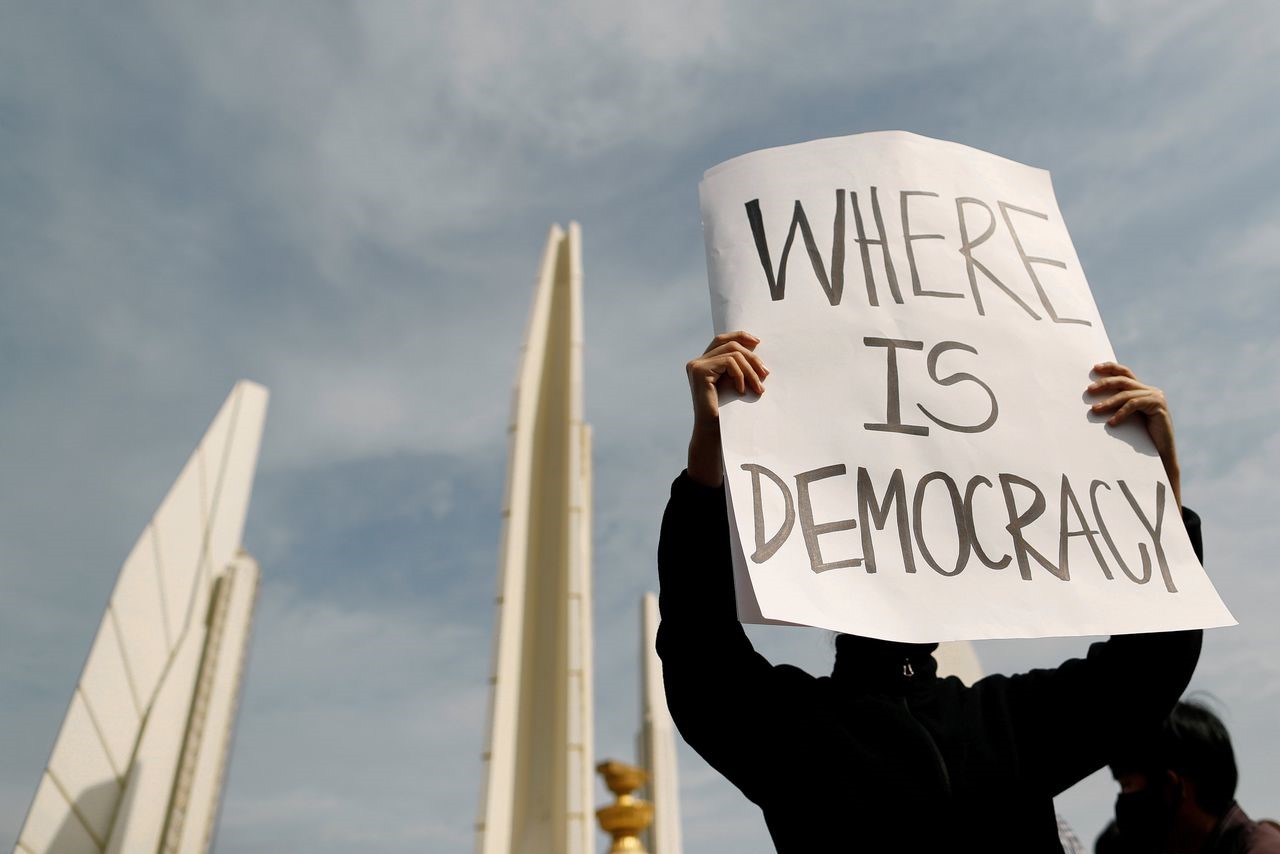By Vera Rodriguez,
Reflecting on 2024, many of us wonder what the future will hold; we live in an increasingly polluted planet, human rights are being abused everywhere, and wars intensify while democracies seem to be deteriorating. In such time, reading the news becomes a repetitive exercise that deepens further an existential pessimism that is hard to solve. How have we arrived here? That is a question I often reflect on, and I have no definitive answers to it.
In western countries, poverty has risen as cyclical economic crises and subsequent political reforms have deepened the already great divide between social classes. With it, far-right parties have profited from the perceived worsening of citizens’ lives. Although every country’s story differs, the formula for these parties’ success remains similar. They compel voters with a simplified reason for the state’s level of inequality, constructing a narrative that primarily focuses on migrants. In the US, Trump succeeded with a campaign in which migrant hate was central. Vox, in Spain, continuously villainizes Moroccan immigrants for “stealing” state aid or looming insecurity in big cities. In the Netherlands, the polemic is centered around asylum seekers. This hatred is a construction, a weaponization of human lives, that serves electoral opportunism and misleads citizens’ attention away from their real causes of grief.
This phenomenon likely has a (latent) cyclical component inherent to rights attainment. Movements that fight for the liberation of oppressed individuals have historically triggered counter-movements. It happened with the civil rights movement in the US, feminism waves, and LGBTQ+ rights. This reaction is the product of the privileged segments of society when they lose their privilege on those grounds. The twisted phenomenon here lies in the effect of contagion on other non-affected segments of society. Many people believe their houses will be illegally occupied, migrants will steal their jobs, or they will never access housing because it will be given to asylum seekers. In other words, they believe they are the ones to lose when granting more provisions to the marginalized. These fears probably host a degree of prejudice, but most of them act as a virus, preying on people’s material insecurity.

David Harvey explains how, in recent years, the privatization of public goods and the financialization of the economy have fostered inequality through the uneven development of states. Later, other authors linked this process to the rise of far-right political options. The scholar, Clewer, explains, “mobilizing hatred, it likewise relies upon ignorance”. This sentence might be read as a paternalistic explanation of people’s political ignorance. However, it is not. Clewer asserts that most do not know the causes of their perceived inequality. She follows: “The demagogue has very little to say about the real causes of human suffering under the conditions of neoliberal capitalism, which are mystified and personified as the product of the maleficence of those constructed as ‘enemies of the people”.

Instead of holding accountable the individuals responsible for allocating resources, they blame those with little access to them. This diagnosis reveals nothing new; if anything, these words tell a perpetual tale of pessimism around politics, but fail to inspire action. The gradual worsening of living conditions has fostered far-right parties’ consequent slow, but steady, success. This same gradual effect has also made us unable to react appropriately. Gathering public dissatisfaction is problematic within a population that has been gradually accustomed to worse and worse ideas and practices.
However, not all hope is lost. Some countries have recently shown the power of collective action despite gradual deterioration. For instance, after their last elections, Georgians persistently demonstrated, claimed their rights, and fought for their democracy —despite the gradual deterioration of their system. Examples like this one should inspire us to claim our voice together and demand a better present and future.
We must shift from idolizing wealth and power to nurturing a shared vision for a more equitable and just society. Talking to family and friends about issues that matter to us and showing up to demonstrations are tools that can help. If anything, people are scared of losing resources and are mistakenly pointing in the wrong direction. Listening to these fears and re-humanizing the dehumanized through patient conversations can work significantly well. Additionally, working as a collective by demonstrating is a powerful signal to institutions.
These actions seem small, yet they can challenge the status quo and advocate for our desperately needed changes. They are also the only tool that is left. United, we have more power. Let us be inspired by civil society in the countries around us and commit to standing up for our rights and the democracy we wish to protect. Let us transform political pessimism into hope.
References
- Harvey, David. A Brief History of Neoliberalism. Oxford University Press. Oxford. 2005
- The Sublime Authority of Ignorance, Neoliberal Nationalism and the Rise of the Demagogue. Araucacia. Available here




